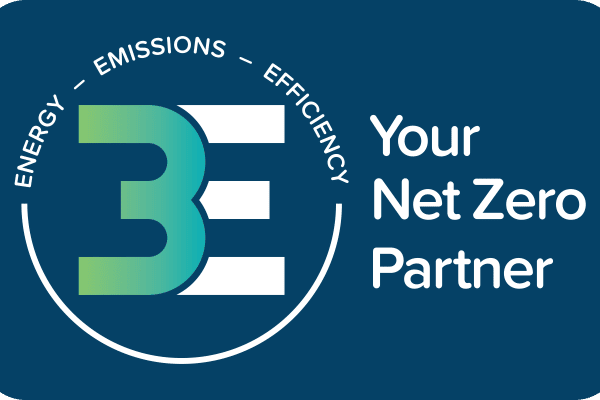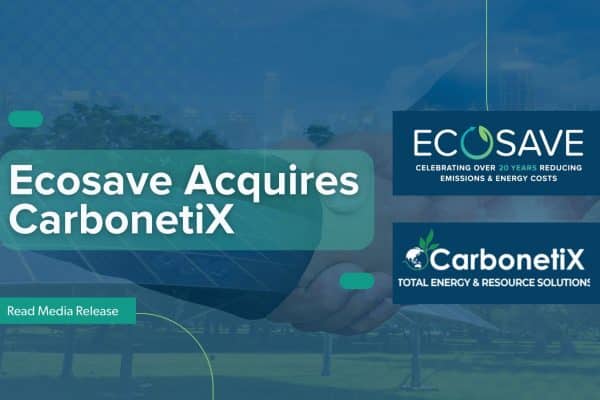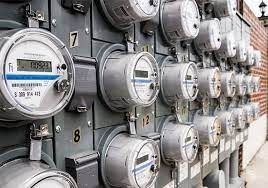Organisations are increasingly becoming ‘cash-strapped’ as a result of the COVID-19 induced economic recession. Capital budgets have been tightened, projects are either cancelled or delayed and organisation leaders are under pressure by stakeholders to reduce capital and operating expenses.
Meanwhile, business leaders and governments who had previously pledged taking action on climate change prior to COVID-19, are still obligated to deliver on their sustainability targets and objectives.
Organisations can achieve significant energy and maintenance costs and help support their sustainability objectives by investing in Energy Efficiency.
Investment in Energy Efficiency and Renewable Energy can help organisation to become more sustainable – both from an environmental and financial perspective.
Funding energy efficiency projects in the current economic environment, however, can be quite challenging; and even during the ‘best of times’, many organisations simply do not have the resources or capital budget to cover the cost of extensive upgrades.
There is of course the option to finance projects or borrow money, which for some organisations is a viable one
Other organisations however, neither have sufficient borrowing capacity, nor want any further debt obligations and liabilities to appear on their balance sheet.
See: 7 ways to fund energy savings projects
Fortunately, there is an alternative self-funding solution through an innovative Energy as a Service (EaaS) delivery model that does not require any capital outlay or debt. More commonly known as Energy Services Agreement (ESA), it’s designed to allow cash-strapped organisations to:
- implement energy efficiency projects without incurring any debt
- avoid using cash reserves or liquidating assets to fund the upgrades
- achieve energy and maintenance cost savings through innovative, practical and robust energy efficiency solutions
- fund the upgrades from the operational expenses budget (OPEX) and not the capital expenses budget (CAPEX) via service fees to an energy services company (ESCO); and
- eliminate the hassle of maintaining and servicing upgraded equipment
Energy Services Agreements (ESA): Innovative funding solution to power energy efficiency upgrades
The ESA model is a proven way for ‘cash-strapped’ organisations to reduce energy costs and achieve their sustainability targets.
See also: The COVID-19 effect: interest in ESA on the rise….
ESA projects have been successfully implemented across the world including Australia and the US.
For example, Ecosave recently upgraded a 13-storey landmark building in Perth using the ESA model. The property manager and owner of 99 St George’s Terrace was seeking to reduce energy costs and enhance the property’s marketability (attract more high quality tenants) by upgrading the building services equipment to elevate the Zero Star (0.00) rating to a 4.00 Star NABERS Rating – Click here to read the 99 St George Terrace, Perth ESA Case Study.
An ESA is neither a capital lease nor operating lease of any kind. Put simply, an ESA is an Energy as a Service (EaaS) arrangement between an organisation and an Energy Services Company (ESCO), where the ESCO is paid service fees to generate energy savings for the client during the service period. The ESCO funds the capital upgrades and maintains the equipment during the period of the service agreement.
Because the focus is on delivering energy savings over a long term agreement (typically 5 – 15 years) and those savings are guaranteed by the ESCO, they have the incentive to optimise or upgrade the equipment with newer more efficient technology to achieve and maintain the targeted savings during the life of the agreement.
When the ESA expires, the client has the option to buy back the equipment at the present market value, or negotiate a new ESA.
An ESA is typically structured to be cash-flow positive, meaning the energy savings are more than the ESCO fee and total energy costs combined.
Key features and benefits of energy service agreements
- No capital outlay required to implement energy efficiency and equipment upgrades
- Positive cash flow – savings generated from energy conservation measures (ECMs) typically exceed the monthly service fees
- Off-balance-sheet treatment – the agreement is structured around fees to deliver energy savings and benefits of all ECMs (i.e. savings) are reflected in the operational budget, not the capital expenditure budget – therefore an Energy Services Agreement may be excluded from the balance sheet
- Avoided-costs savings– by taking the opportunity to replace ageing or near end-of-life central plant and equipment
- Measurement & Verification including Guaranteed savings over a long term period – typically 5 – 15 years
- Integrated maintenance, servicing and commissioning of equipment during the term of the agreement
For medium-to-large businesses and organisations seeking to fund a large energy efficiency project, there is no better model than an energy service agreement because the ESCO carries all the financial and technical risks associated with the energy efficiency and equipment upgrades.
ESAs are ideally suited for owners and property managers/ facility managers of commercial real estate buildings including office buildings, large-format retail centres, hotels and resorts, multiplex entertainment venues and precincts, industrial facilities including food and beverage manufacturers and distribution centres, and buildings in a campus and precinct setting (schools, colleges, universities, science laboratories and technology centres).
For information about Energy Services Agreements, or to determine if an ESA is the right fit for your organisation, you can book a free consultation with an Ecosave ESA specialist – register your interest here or call 1300 55 77 64 today
Related posts:






